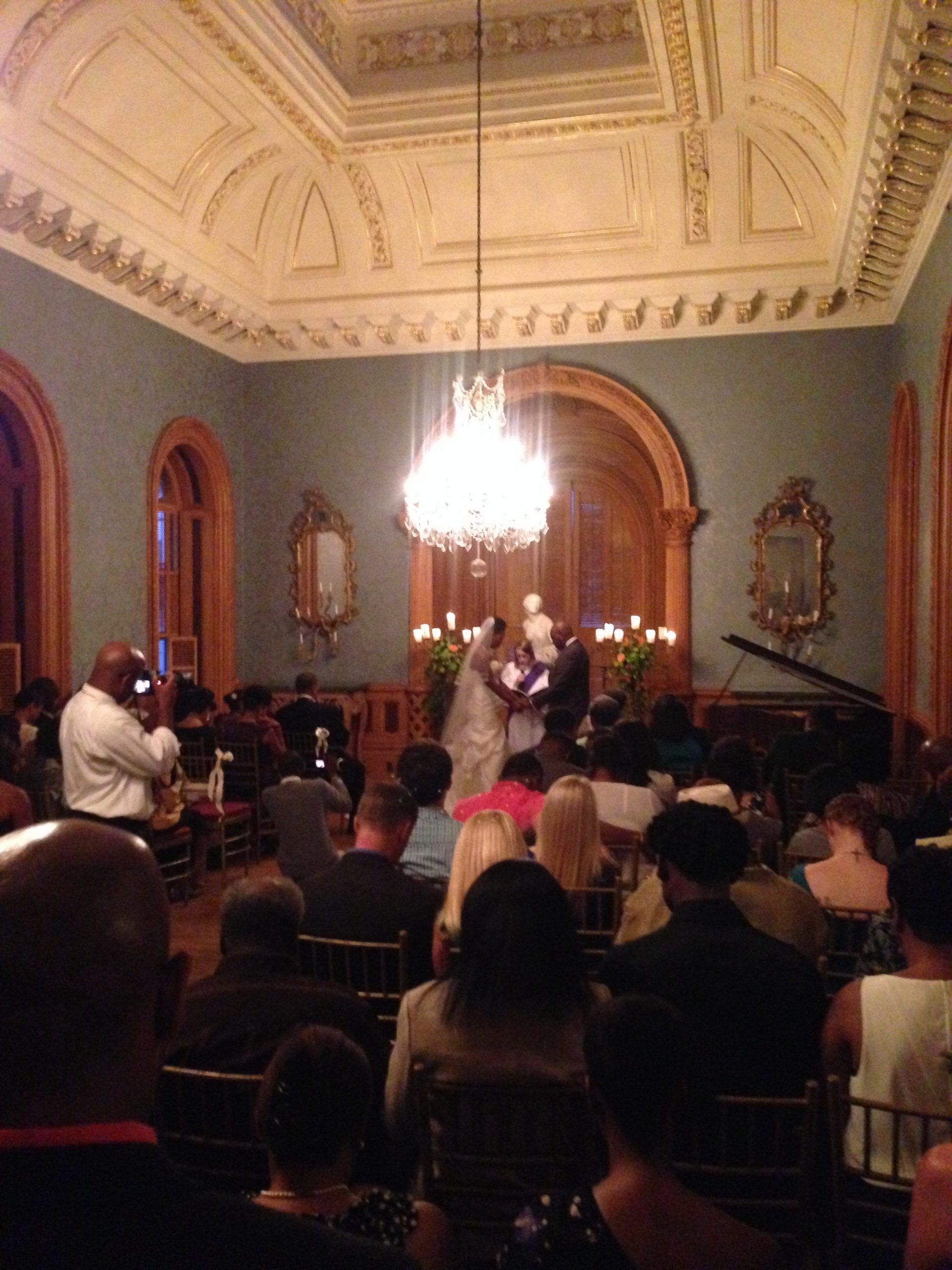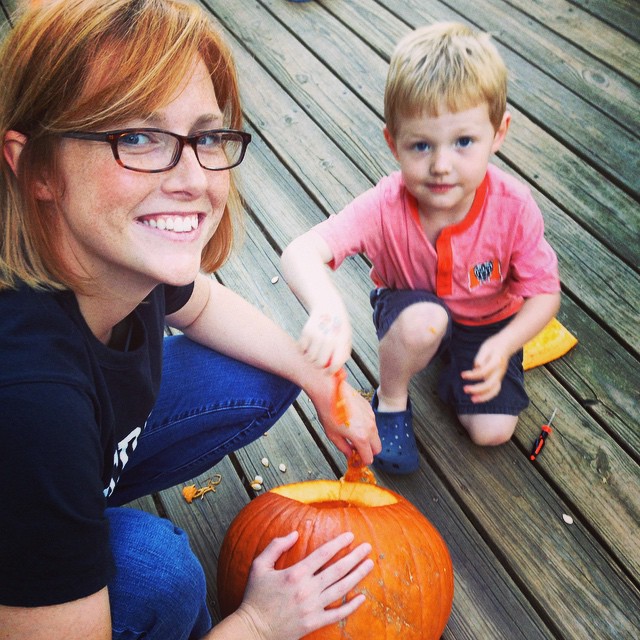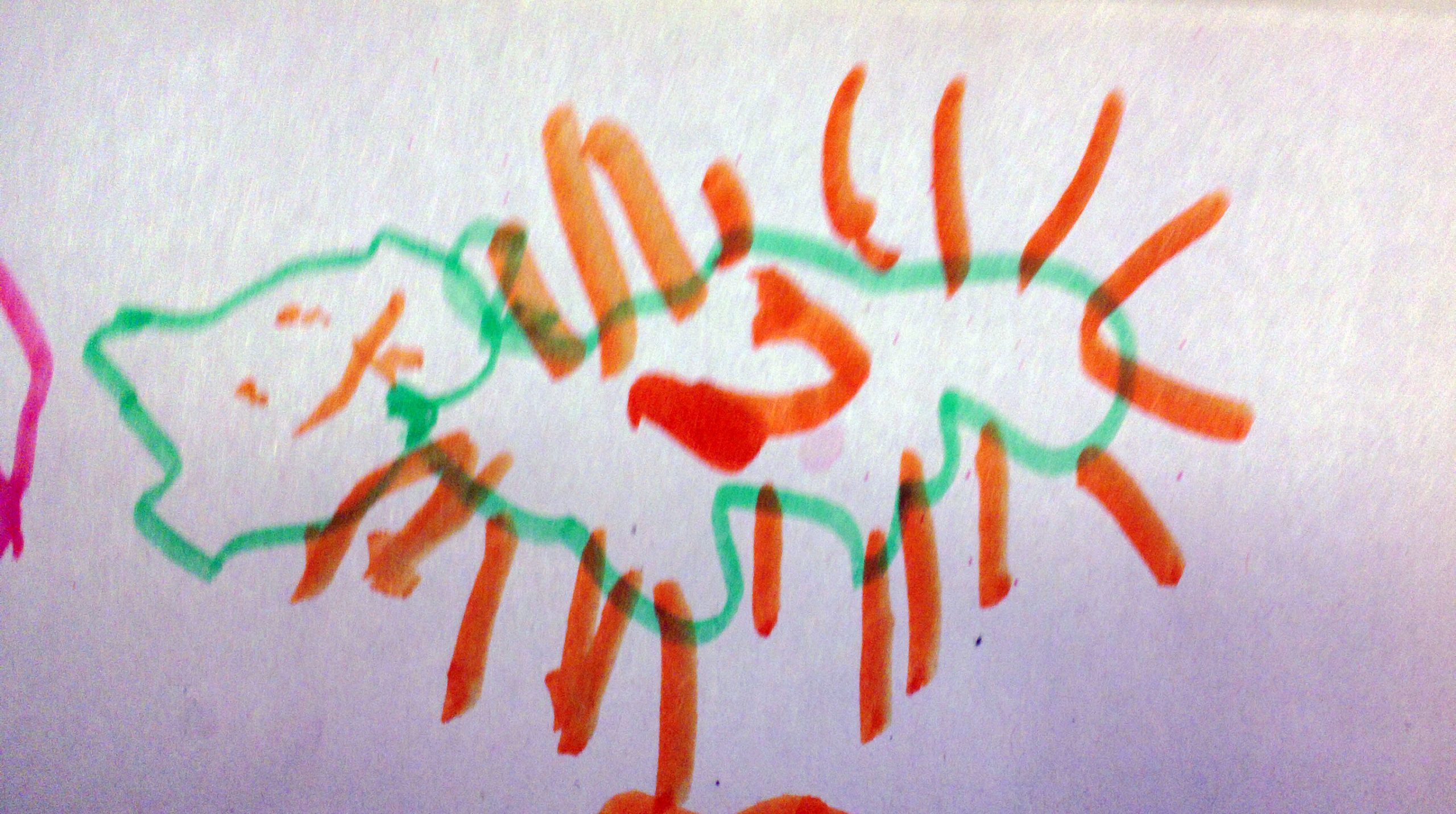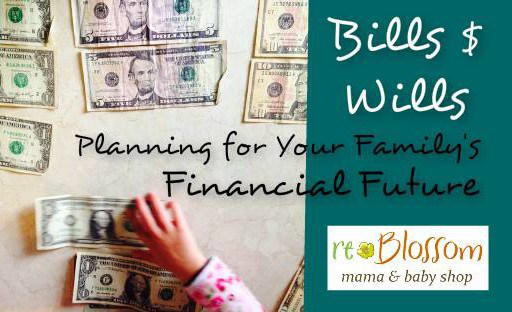How I’ve Learned to Stop Yelling
Last week, I wrote a blog post for The Cradle Coach in which I briefly mentioned a wall that I hit about two months after my second child was born. I was exhausted, and it seemed that as soon as he entered the world my patience thinned in proportion to the amount of sleep I lost. For months I went to bed feeling guilty about the way I treated my three-year-old. I tried and tired, but I just couldn’t figure out how to calm down and keep my cool.
After reading some books, commiserating with friends and attending a webinar led by Amy McCready, I decided to make a change in the way I handle discipline. What I was doing (yelling) obviously wasn’t working, so I did some research and got to work. I took what I liked and what I thought would work for my son and made a plan. Here are some changes that I’ve made. And, not surprisingly, most of them have to do with my attitude, not my son’s.
- I’ve made the Commitment to Stop Yelling: Yelling had become a habit for me. I was even yelling when I wasn’t necessarily mad, but wanted to get my point across. So, I make a (very) conscience effort to lower my voice and improve my tone when I talk to my son. It’s taken some practice, some deep breathing and some mommy time outs, but I’ve come a long way.
- The Punishment Now Fits The Crime: My husband and I used to send our son to his room for any and every misbehavior. Now we make sure that the punishment fits the crime. If he throws a toy after we’ve asked him not to, we take the toy away. If he’s not using good table manners at dinner, we remove his plate until he is ready to act politely. (We do send him to his room for hitting or being destructive, but that’s about it.) This has taken some creative thinking, but with practice we’ve gotten a lot better at identifying consequences that relate to the misbehavior.
- I’ve Changed My Perspective and Gained Some Empathy: My new mantra is “he’s only three,” and I repeat it on the hour. I have to remind myself that I am the adult and that he is still learning how to handle his emotions and temper. When I have a bad day, I expect my family and friends to be understanding. Children have bad days, too, and need to be shown that same respect. Also, how can I expect him to gain emotional maturity when I’m not setting a good example and being emotionally immature?
- I’ve Done Away with The Guilt: Well, I’m trying anyway. Everyone has a bad day – and moms are no exception to that rule. Instead of dwelling on it, I try to reflect on better ways the situation could have been handled so that I’m more prepared next time.
- I’ve Slowed Down: I’m not sure why, but I tend to rush myself and everyone around me to the point of full blown chaos. I try to remember that being late to preschool, for example, is not an emergency, and the world will not end if it takes my son one minute longer than I’d like for him to put on his shoes or get in the car.
Are things perfect since I changed the way I discipline? Uh, no. But I do feel a lot better about the way I parent, and I can focus on building a positive, healthy relationship with my son instead of worrying that my yelling is setting a bad example.
I’d like to point out that a lot of the methods that I used can be found in the book The Newbie’s Guide to Positive Parenting. While I haven’t adapted every method (some are very unrealistic in my opinion) I do like the overarching goals and ideals. There are a lot of resources about positive, non-punitive parenting out there! I’ll also add that I’m definitely not a parenting expert. Far from it! However, these things have worked for my family and me.
Have you ever tried positive parenting? What are your thoughts?
Jamie Dickson is a work-from-home mom of two boys. Check out her blog, Laughter Ever After.






